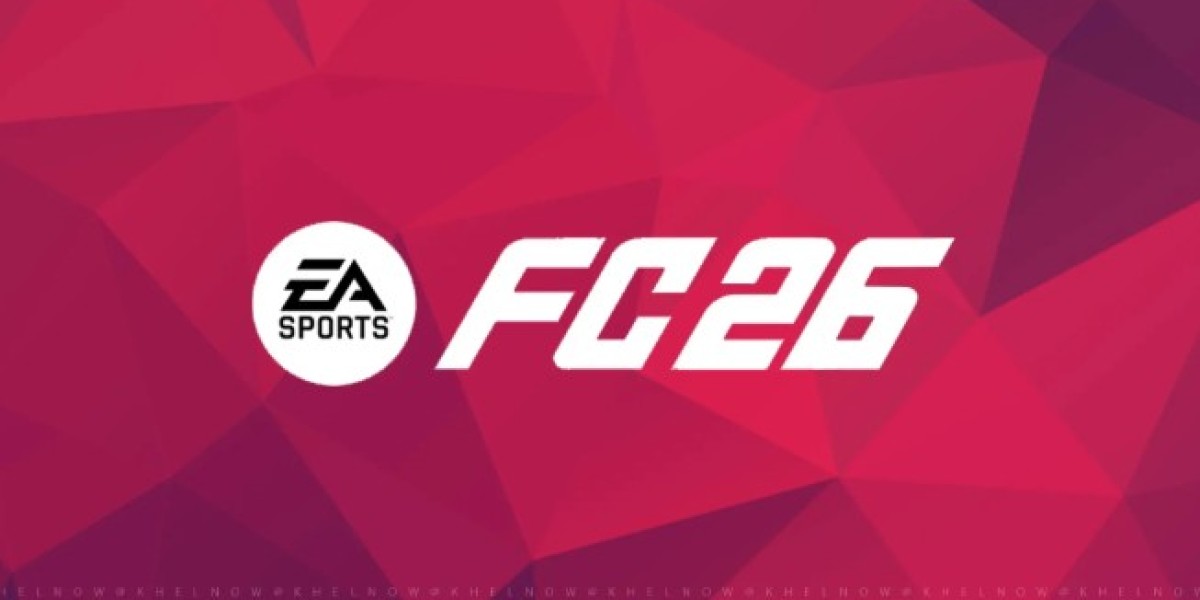Let’s talk about scams. Not the obvious ones—like emails from a “Nigerian prince”—but the sneaky, modern scams that disguise themselves as trusted tools. Imagine this: You’re sipping coffee, scrolling through your phone, when a text pops up: “Urgent! Your Crown Money account has been locked. Click here to verify.” Your heart races. Is it real? Could your financial data be at risk?
The truth is, scams targeting popular platforms like Crown Money are on the rise. But here’s the good news: With a few simple habits, you can outsmart fraudsters and keep using tools like Crown Money to manage your money with confidence. No tech expertise required—just common sense and a little know-how.
In this guide, we’ll walk through exactly how to spot crown money scam, secure your accounts, and stay one step ahead. Think of it as a friendly chat over coffee, not a boring lecture. Let’s get started.
Step 1: Spot the Fakes (Phishing Scams 101)
Phishing scams are the digital equivalent of a stranger knocking on your door dressed as a police officer. They look legit, but their goal is to trick you. Here’s how to see through the disguise:
What to watch for:
- Emails or texts “from Crown Money”that feel off. Maybe the logo is blurry, or the sender’s email is support@crownmoney-support.net (instead of @crownmoney.com).
- Urgent demands: Messages like “Your account will be suspended in 24 hours!”or “Unauthorized login detected—click now!”
- Typos and weird phrasing: Scammers often misspell words or use awkward sentences (“Kindly to be updating your informations”).
Real-life example:
Sarah, a victim of Crown Money scam. She received an email titled “Security Alert: Action Required for Crown Money Account.” The link led to a fake login page. Instead of panicking, she opened her Crown Money account directly through her browser—no issues found. Crisis averted.
Your action plan:
- Never click links in unsolicited messages. Open Crown Money manually by typing the URL (com) or using your bookmarked site.
- Hover over linksto preview the URL. If it doesn’t end with com, it’s a scam.
- Trust your gut. If something feels fishy, it probably is.
Step 2: Double-Check Crown Money’s “Real” Identity
Scammers love creating fake websites and social media profiles that look almost like the real thing. Here’s how to confirm you’re dealing with the actual Crown Money:
Quick checks:
- Website URL: Always look for https://www.crownmoney.com(the “s” in “https” and the padlock icon mean it’s secure).
- Social media: Crown Money’s official profiles have verification badges (blue checkmarks). If a profile lacks one, steer clear.
- Too-good-to-be-true offers: Crown Money won’t DM you on Instagram offering a “secret discount” or “exclusive upgrade.”
Real-life example:
Tom Googled “Crown Money login” and clicked the first result—a sponsored ad. The site looked identical, but the URL was crownmoney-login.com. He closed it immediately and reported the ad to Google.
Pro tip: Bookmark Crown Money’s official site. It takes two seconds and avoids typos like crownmony.com or crownmoneyy.com.
Step 3: Lock Your Account Like Fort Knox (But Easier)
Even if a scammer gets your password, you can still shut them out with these security layers:
Your defense toolkit:
- Strong passwords: Ditch “password123.” Try a phrase like CoffeeLover$RainyDays(easy to remember, hard to guess).
- Two-factor authentication (2FA): Crown Money’s 2FA sends a code to your phone or email when someone tries to log in. Even if they have your password, they can’t get in without the code.
- Password manager: Tools like Bitwarden or 1Password generate and store complex passwords so you don’t have to.
Real-life example:
Lena reused the same password for Crown Money and a shopping site. When that site was hacked, scammers tried to access her Crown Money account—but her 2FA stopped them cold.
Step 4: Keep Tabs on Your Money (Without Obsessing)
Crown Money helps you track your spending, but staying vigilant is key. Think of it like checking your rearview mirror while driving—quick glances, not constant staring.
Simple habits:
- Weekly check-ins: Spend 5 minutes reviewing transactions in Crown Money. Look for charges you don’t recognize (“Why is there a $45 Uber charge from a city I’ve never visited?”).
- Bank alerts: Enable text alerts for withdrawals, large purchases, or low balances.
- Unlink old accounts: Remove unused credit cards or bank accounts from Crown Money to minimize exposure.
Real-life example:
Jake spotted a $12.99 charge labeled “Streaming Service” in Crown Money. He hadn’t signed up for anything—turns out, his kid had subscribed to a gaming app. Quick fix, no harm done.
Step 5: If Something Feels Off, Act Fast (Here’s How)
Mistakes happen. Maybe you clicked a shady link or shared your password by accident. Don’t panic—just take these steps:
Damage control checklist:
- Change your Crown Money password
- Enable 2FAif you haven’t already.
- Contact Crown Money supportthrough their official website—not the email or number in the suspicious message.
- Call your bankto report fraud if you see unauthorized charges.
Real-life example:
Mia accidentally clicked a phishing link but realized her mistake fast. She changed her password, enabled 2FA, and alerted Crown Money’s team. They confirmed her account was safe and blocked the scammer’s IP address.
Key Takeaways to Remember
- Scammers bank on panic. Slow down, breathe, and verify.
- Crown Money will never ask for your passwordvia email, text, or DM.
- Layer your security. Passwords + 2FA = a fortress.
- Stay curious, not paranoid. Regular check-ins are enough.
FAQs: Your Crown Money Scam Questions, Answered
Q: Can Crown Money itself steal my money?
A: No. Crown Money only has read-only access to your accounts—it can’t move or withdraw funds.
Q: What if I get a call from “Crown Money support”?
A: Hang up. Crown Money doesn’t make unsolicited calls. Scammers often fake caller ID to look legitimate.
Q: Are free public Wi-Fi networks safe to use with Crown Money?
A: Avoid logging into financial accounts on public Wi-Fi. Use your phone’s hotspot or a VPN for safety.
Q: How do I report a scam?
A: Forward phishing emails to Crown Money’s support team and report fake sites to Google Safe Browsing.
Q: Is Crown Money safe for seniors or tech newbies?
A: Yes! Walk them through enabling 2FA and bookmarking the official site. Simplicity is key.
Final Thoughts: You’ve Got This!
Scammers are sneaky, but they’re not geniuses. They rely on fear and haste—so the best defense is staying calm and double-checking everything. Crown Money is a powerful tool, and with these steps, you can use it safely without looking over your shoulder.
Remember: You’re not alone in this. Crown Money’s support team is there to help, and communities like Reddit’s r/personal finance share scam alerts daily. Stay curious, stay cautious, and keep enjoying the peace of mind that comes with managing your money well.
Now go forth and budget fearlessly!



